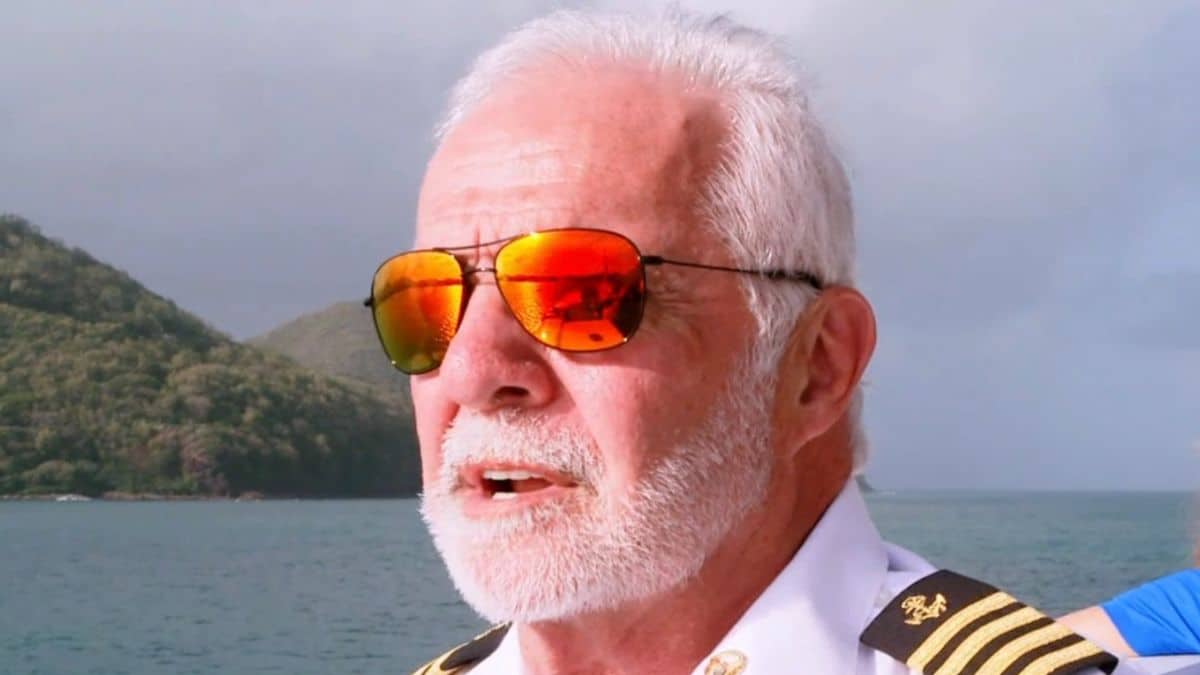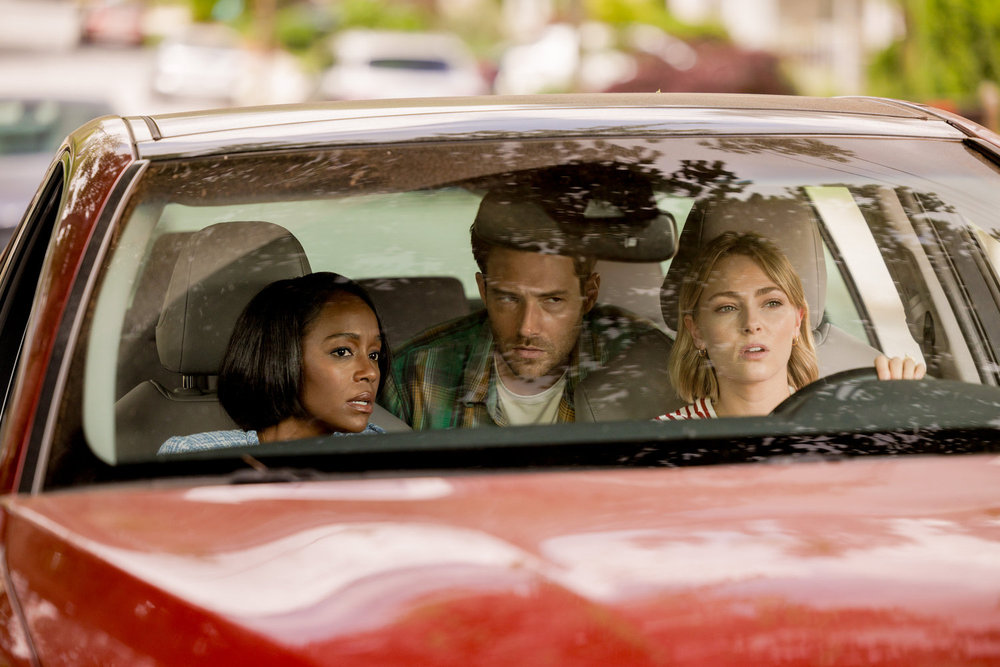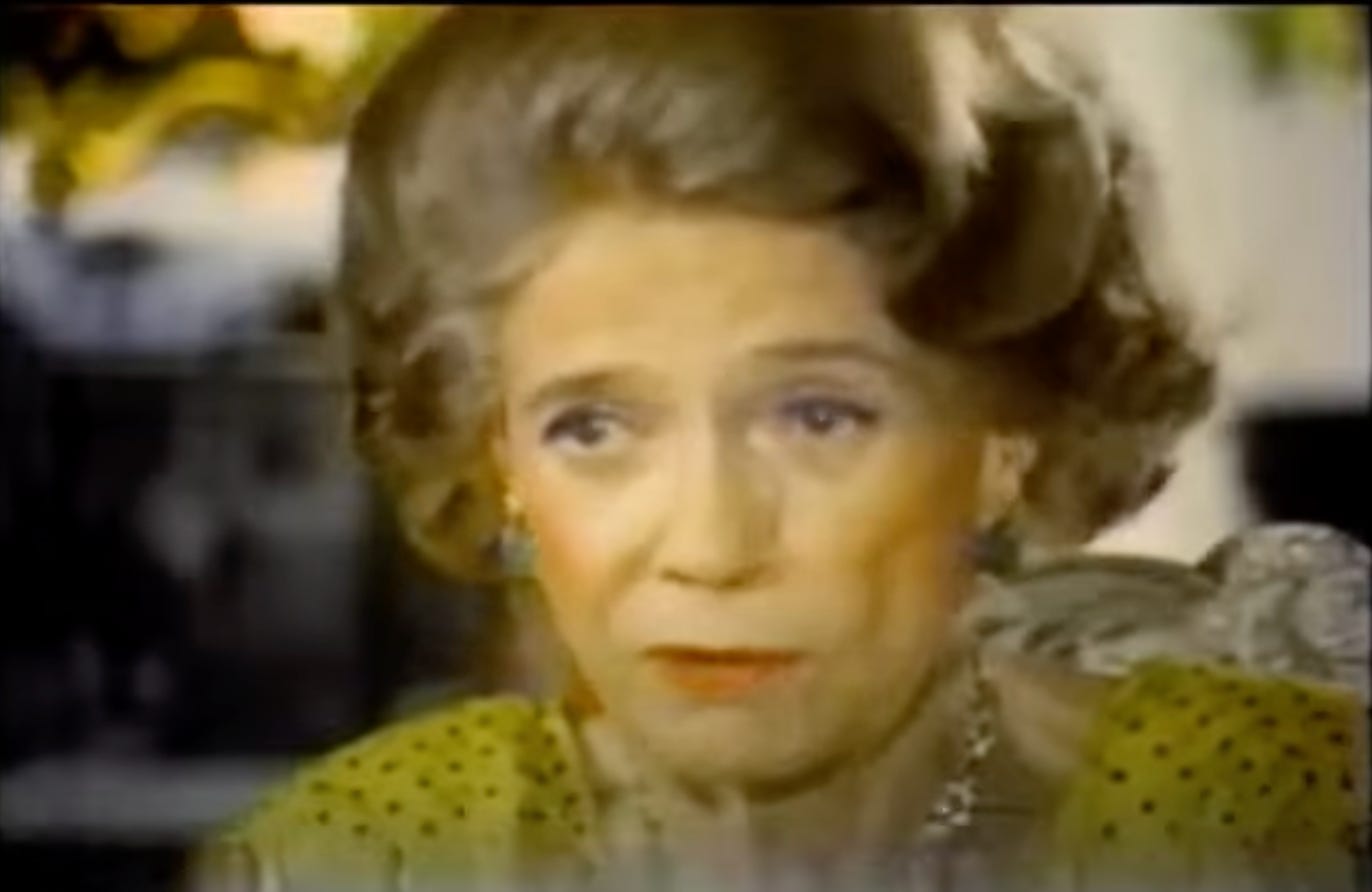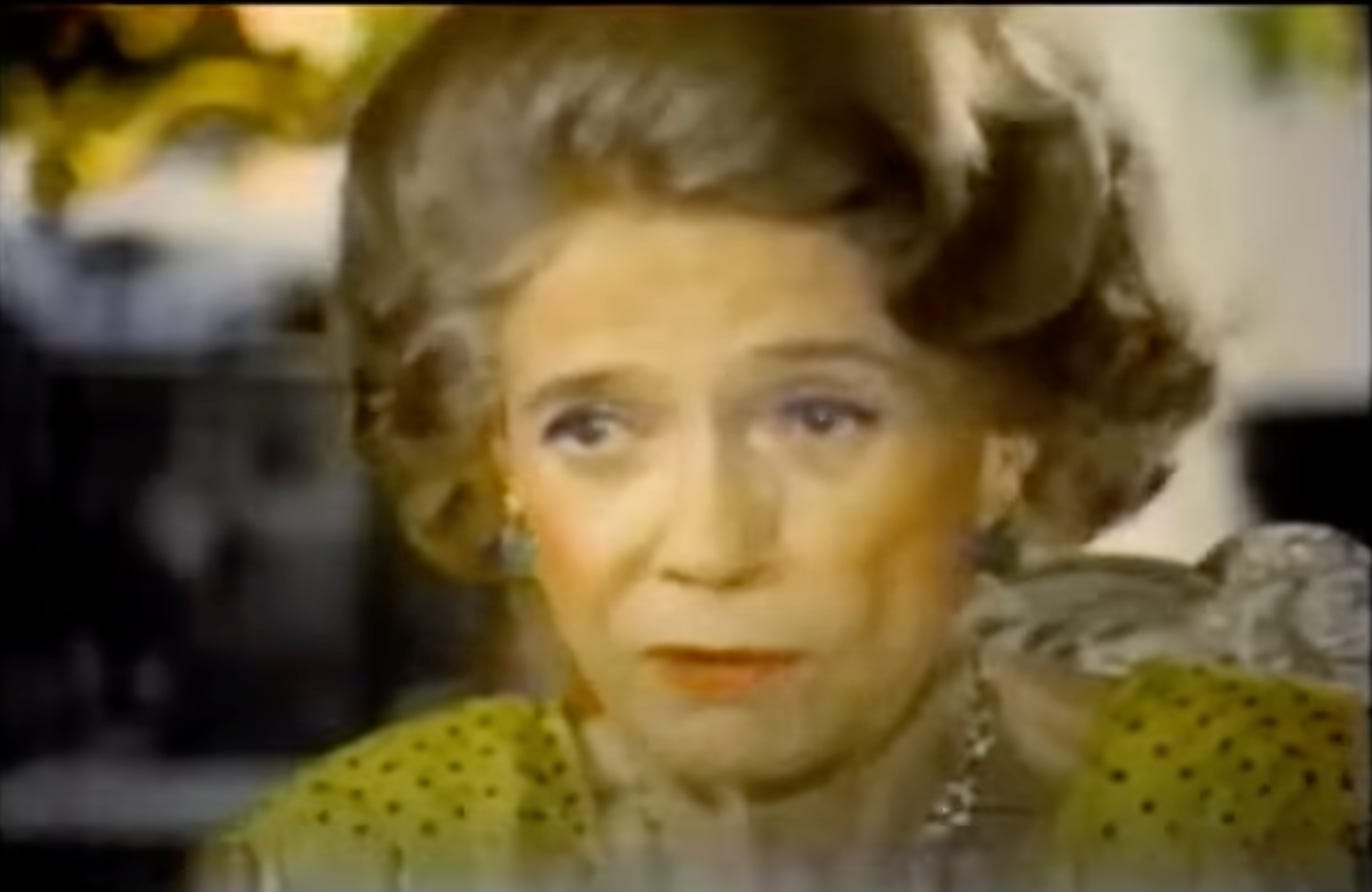Anderson Cooper has many full-time jobs: journalist, father, handsome person, and oft-amused best friend to American marketing genius/hypnotist, Bravo’s Andy Cohen (Also, noted betrayer of Kathy Griffin — Robyn). Cooper somehow also manages to be a very good writer, as is the talented Katherine Howe. Together, they knocked out a #1 New York Times bestseller with Vanderbilt, a history of Cooper’s own matriarchal line. They recently teamed up again and released Astor: The Rise and Fall of an American Fortune. (Wonkette cut links.)
I began the audiobook on a plane, figuring I’d fall asleep because a.) I was tired and b.) I often find audiobooks to be soporific. But oh, I was very wrong. It was not just a flavorless slice of rich dead white people gossip pie with mild history facts sprinkled on top. It was also not just about how the son of a German butcher came to eventually possess 15 percent of private wealth extant in America.
Cooper has never seemed shy about acknowledging his own privilege. He’s certainly put in plenty of hours researching and reporting the more disturbing details of his own family history. In this book, he does not pretend to be an unbiased observer of another Great American Family.
For example, he tells us up front that his own mother, Gloria Vanderbilt, seemed to dislike socialite Brooke Astor (1902-2007). He also remembers greeting Mrs. Astor while waiting tables at a fancy restaurant in his teens. He’d met her before in the company of his mom, and was clearly trained to be extremely polite. She stares at him, seems not to recognize him, and then cuts him dead.
Cooper allows that perhaps she was just having a bad day. But this anecdote sets the stage for a story in which we meet many Astors, some of whom seem particularly adept at ignoring the humanity of those who serve their needs.
Not long after Brooke Astor cuts Andy Cooper dead with social frost, we travel to the past and learn graphic details of how exactly beavers were lured, trapped, and killed. We also learn why that was such a lucrative enterprise for German immigrant John Jacob Astor (July 17, 1763 – March 29, 1848), who came to the United States in 1783 after a stint working with his brother in London.
Cooper and Howe spend a decent amount of ink demonstrating that John Jacob Astor’s astounding fortune was built in no small part on the backs of indigenous Americans who were overworked, underpaid, and deliberately induced to alcohol addiction in order to achieve unprecedented wealth and fame for one guy and, eventually, his descendants.
Indigenous Americans in beaver country were not the only people who suffered to produce Astor wealth. The inhumane treatment of countless immigrants by Astor-funded slumlords on Astor-owned grounds is particularly heart-wrenching.
Is this a comprehensive look at every possible side to every possible Astor family member’s story? Of course not. Cooper and Howe have a lot of ground to cover here, as they’ve set for themselves the task of writing an accessible, well-researched book that documents the lives of several members of one family from the 18th century through the 21st century.
I am familiar enough with the ins and outs of celebrity co-authoring to know that sometimes the famous name does all the work, and sometimes the famous name does very little of the work. The unfamous name (which sometimes does not receive public credit as per contractual agreement) always does a lot of work. But given Cooper’s track record, I have no doubt he did his share of heavy lifting, even if Howe did the bulk of it.
By the time we get to Brooke Astor’s son, Tony Marshall, being convicted of defrauding his elderly mother in 2009, Cooper and Howe have thrown a lot at us. In my opinion, they’ve done a damn fine job.






















































![Online Shopping Reached New Highs in 2024 [Infographic] Online Shopping Reached New Highs in 2024 [Infographic]](https://imgproxy.divecdn.com/kCw9rTPPHoCqXkkL4Bt8p7eohxOuRs6iXsDK03Fxr_8/g:ce/rs:fit:770:435/Z3M6Ly9kaXZlc2l0ZS1zdG9yYWdlL2RpdmVpbWFnZS9vbmxpbmVfc2hvcHBpbmdfc3VyZ2UyLnBuZw==.webp)

![What App Features Are People Willing to Pay For? [Infographic] What App Features Are People Willing to Pay For? [Infographic]](https://imgproxy.divecdn.com/mHJQ6ffz2lGDUuF649StZz5xtI56ORDL5z-Cjs9ZUw8/g:ce/rs:fit:770:435/Z3M6Ly9kaXZlc2l0ZS1zdG9yYWdlL2RpdmVpbWFnZS9hcHBzX3RoYXRfcGVvcGxlX3BheV9mb3JfMi5wbmc=.webp)














